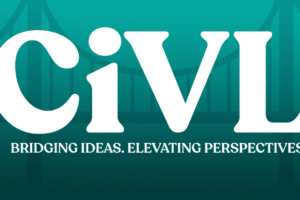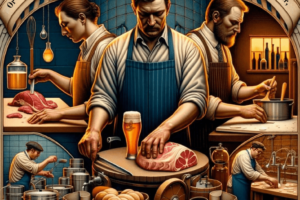(From the Ask Dr. Ruwart section in Volume 18, No. 21 of the Liberator Online. Subscribe here!)
QUESTION: Regarding the issue of patented genes: If a person — their body — is made up of genes, is not owning the genes which make up that person’s body akin to slavery? Slavery being the ownership of another person?
MY SHORT ANSWER: The usual way that a company patents a person’s genes is to take a blood or tissue sample from a willing donor during a study to test new drugs. Usually, the donor signs an “informed consent” explaining that the company might make — and patent — a gene product from the blood or tissue without any further compensation to the donor.
The patent entitles the company to use or sell the gene or gene product from the donated sample only. The person is not owned, and can’t be forced to give additional samples, so he or she isn’t what we’d normally consider a slave.
However, such patents do create property rights issues, because, in theory at least, a donor couldn’t sell the same gene or gene products to another company or person. In my opinion, the problem is the U.S. Patent Office, which should not have allowed such patents to be issued in the first place. However, because the FDA requires so much expensive testing for new drugs, companies wouldn’t develop gene products, even if they cured major diseases, without the patent protection that allows them to recover their costs.
The Supreme Court, it seems, agrees with me. In a landmark decision against Myriad in June, 2013 (Association for Molecular Pathology v. Myriad Genetics, 569 U.S. 12-398 (2013)), the Supreme Court ruled that genes can’t be patented because they occur in nature. Since the U.S. Patent Office has already granted a couple thousand gene patents, this decision will create a lot of economic chaos. It will limit the development of genetic diagnostic testing as well, because the cost of regulatory FDA hurdles won’t be recoverable in many cases without these patents.
I was in the pharmaceutical industry during the time that FDA regulations were increasing. The company I worked for, and others, made the decision not to develop unpatented products because of this problem. We need to get rid of this excess regulation so that patents are no longer necessary for drug development.

























